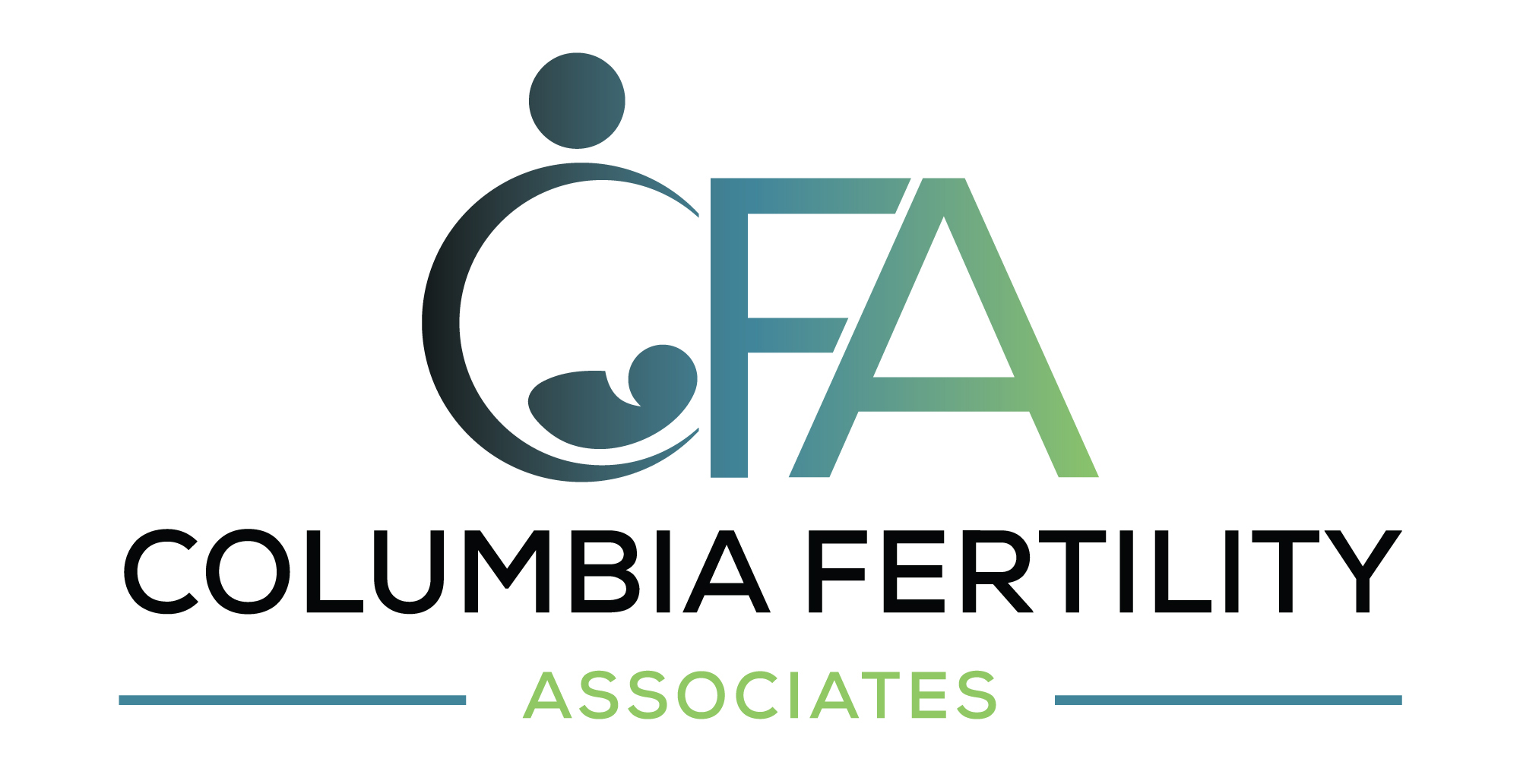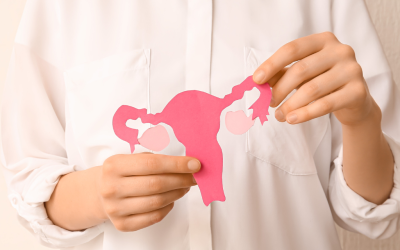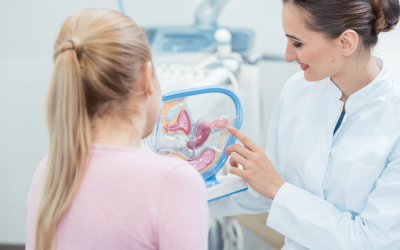What is Reproductive Endocrinology — and Why It Matters for Your Fertility Journey
Discover why Reproductive Endocrinology matters for your fertility journey. Learn how Columbia Fertility Associates’ specialists, Dr. Abbasi and Dr. Sacks, offer expert, compassionate care that sets them apart.
Fertility Preservation for Cancer Patients: Options, Timing and Hope
A cancer diagnosis can impact fertility, but options like egg, sperm, and embryo freezing offer hope. Learn how fertility preservation before treatment can protect your future family.
Egg Freezing in Your 30s: Is It the Right Time for You?
Considering egg freezing in your 30s? Learn how it can preserve your fertility, why timing matters, and what to expect from the process at Columbia Fertility Associates. Take control of your future today!
Let’s Talk About Polycystic Ovarian Syndrome (PCOS)
Learn about Polycystic Ovarian Syndrome (PCOS), its impact on fertility, and how Columbia Fertility Associates can help manage symptoms and improve reproductive health. Explore treatment options and get expert advice during PCOS Awareness Month.
The Gift of Life: Become an Egg Donor with Columbia Fertility Associates
Considering egg donation? Explore the rewarding journey of helping families build their dreams while learning about the financial benefits and emotional impact of being an egg donor at Columbia Fertility Associates. Learn more and see if you qualify!
A Compassionate Guide for Coping with Infertility During the Holidays
Discover compassionate guidance for navigating infertility during the holidays. Our blog offers coping strategies, support, and moments of joy. Columbia Fertility Associates is here to provide understanding and expert assistance on your unique journey to parenthood.
Fertility Options to Help LGBTQ+ Families Grow Together
It’s important to emphasize self-care, including mindfulness, meditation and relaxation techniques to help you navigate your fertility journey with grace and strength.
Infertility By the Numbers: Hope for Couples Who Want to Start a Family
It’s important to emphasize self-care, including mindfulness, meditation and relaxation techniques to help you navigate your fertility journey with grace and strength.
Nurturing Your Fertility Journey: The Vital Role of Self-Care
It’s important to emphasize self-care, including mindfulness, meditation and relaxation techniques to help you navigate your fertility journey with grace and strength.
Fertility Myths Debunked: Separating Fact from Fiction
Our latest blog debunks common fertility misconceptions with evidence-based insights. As you navigate your fertility journey, arming yourself with accurate information is essential.












